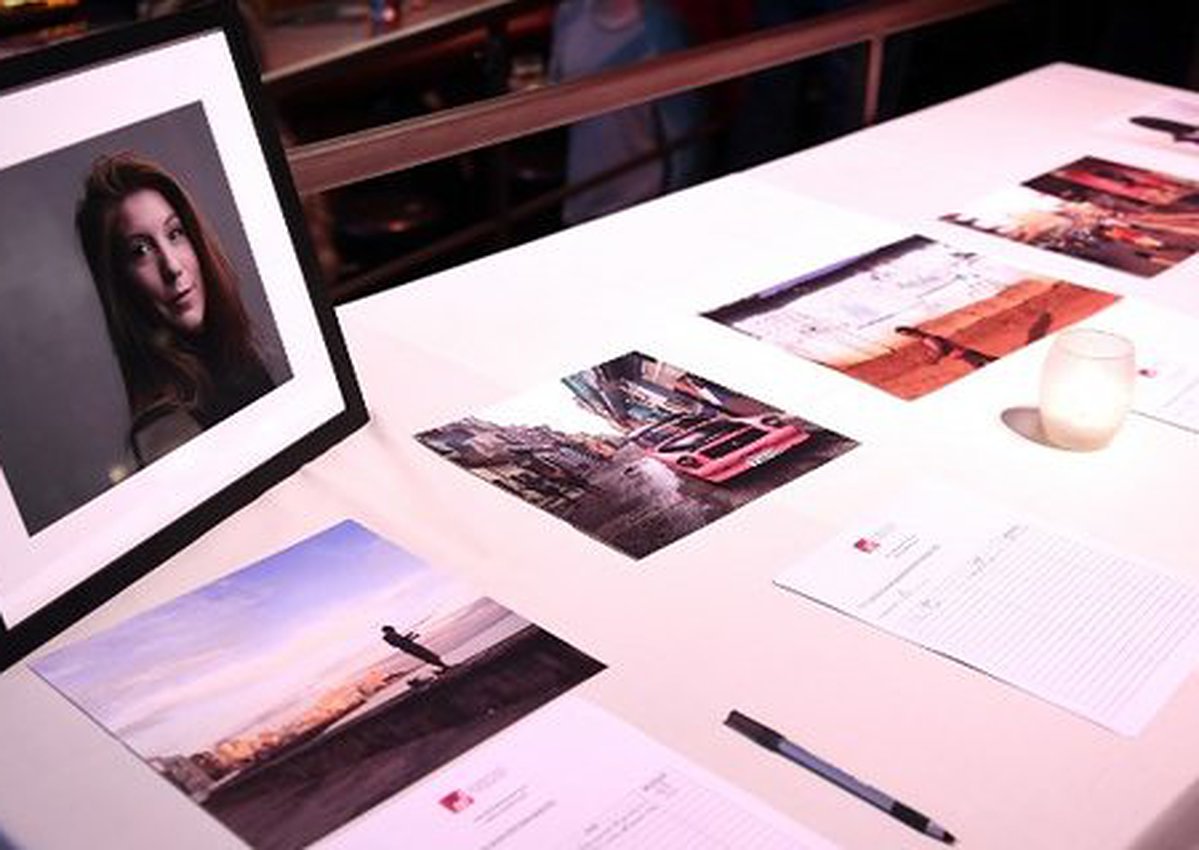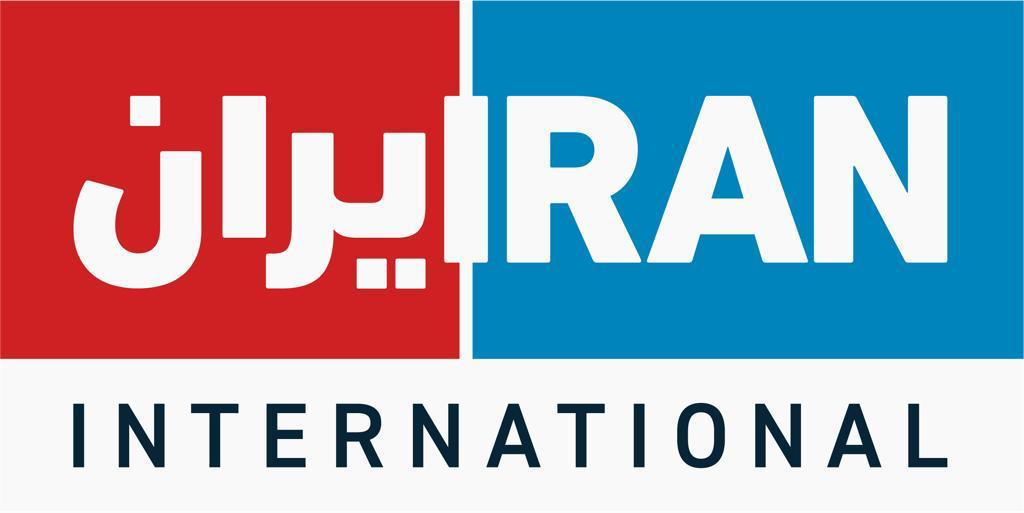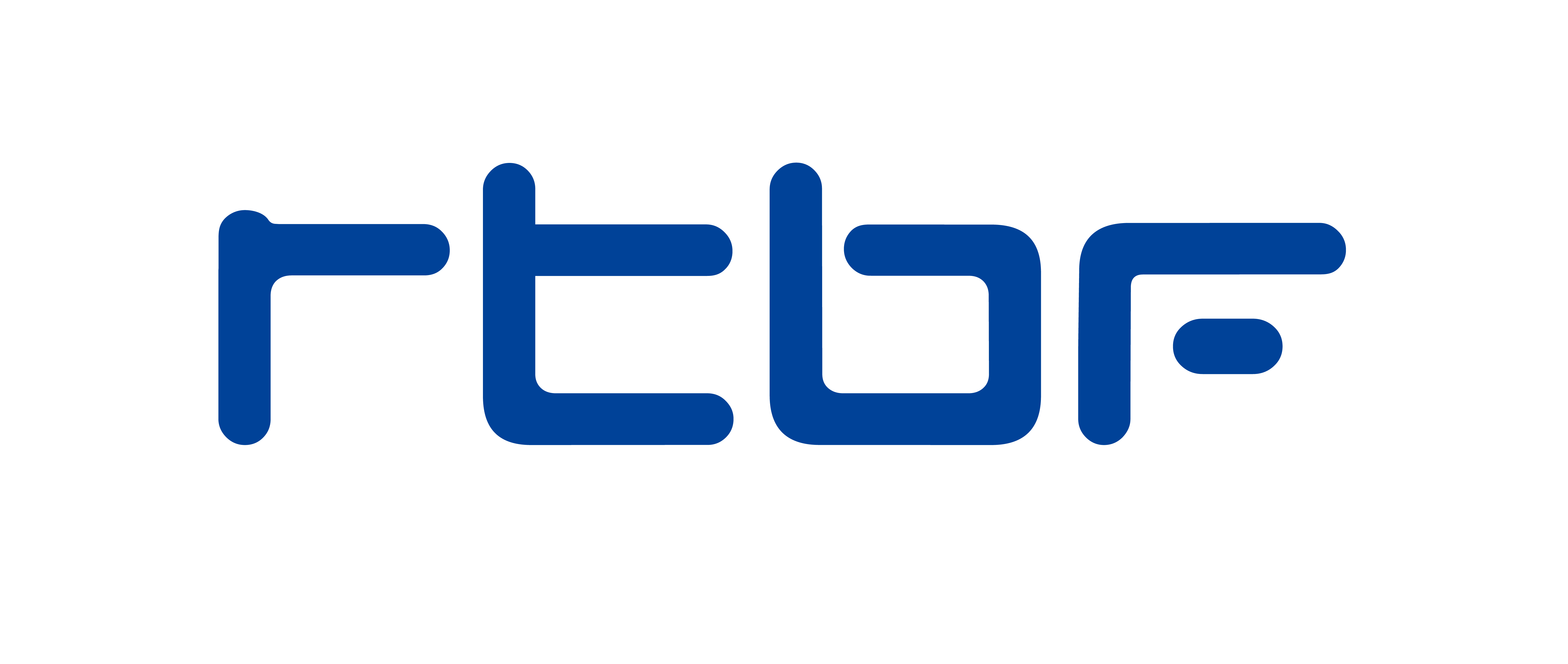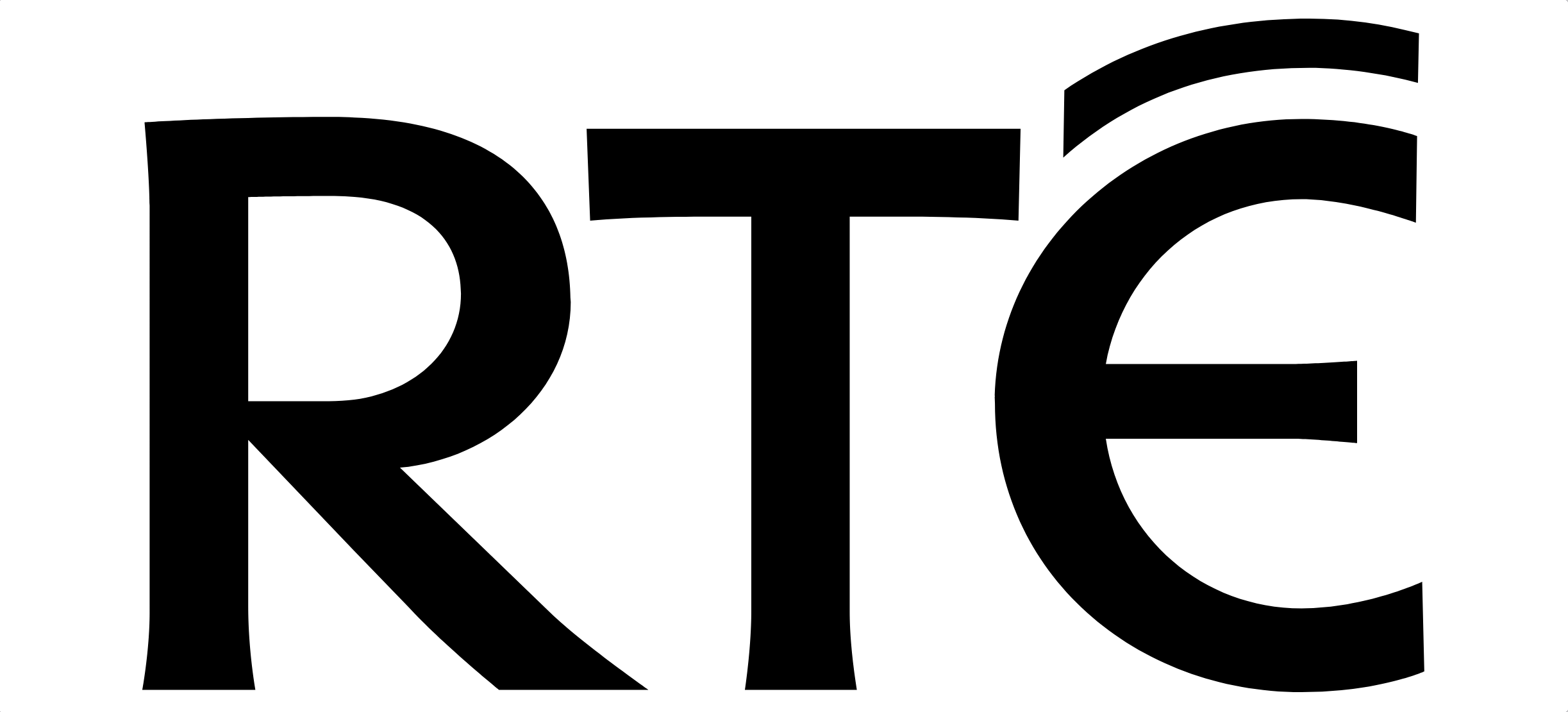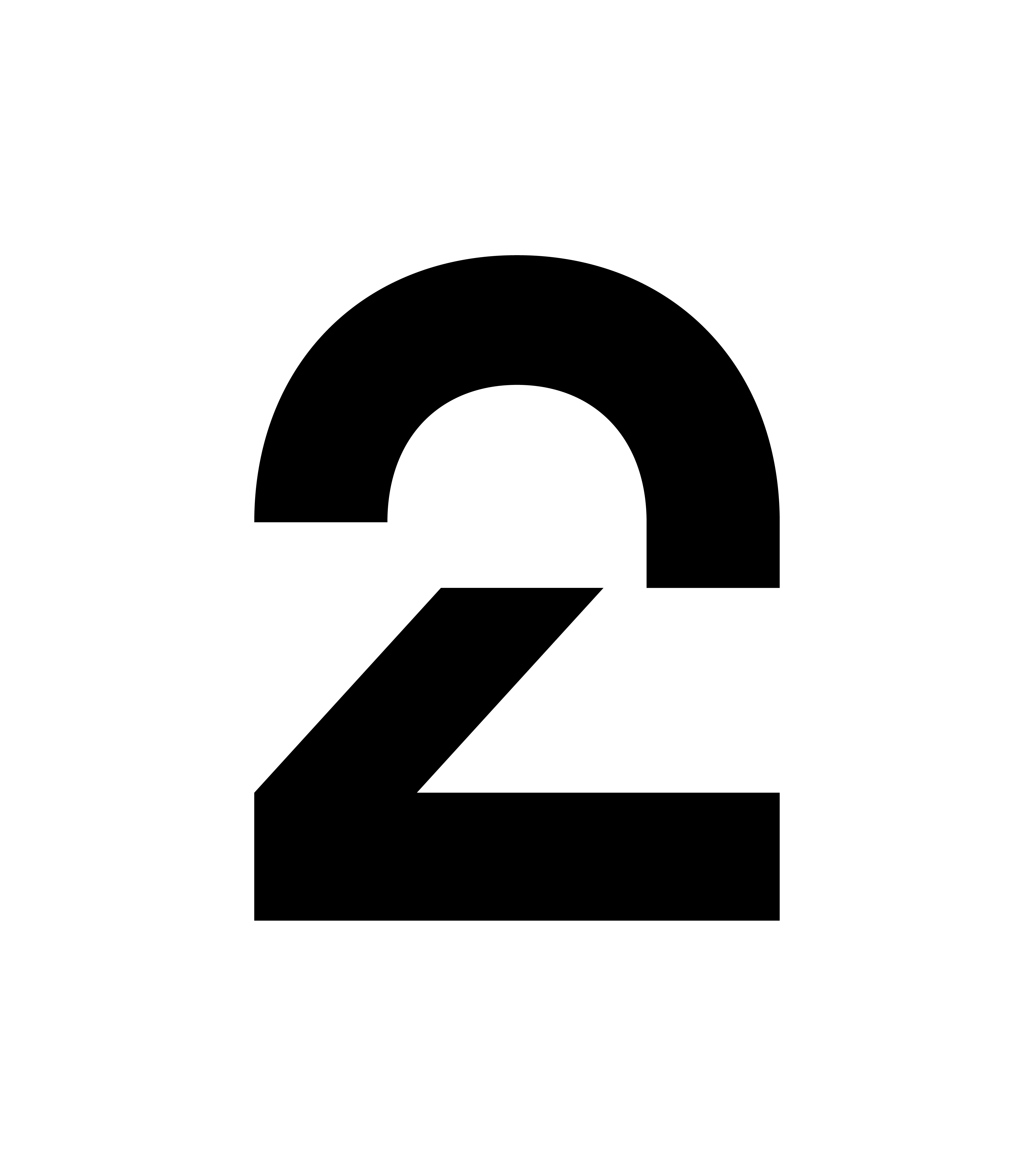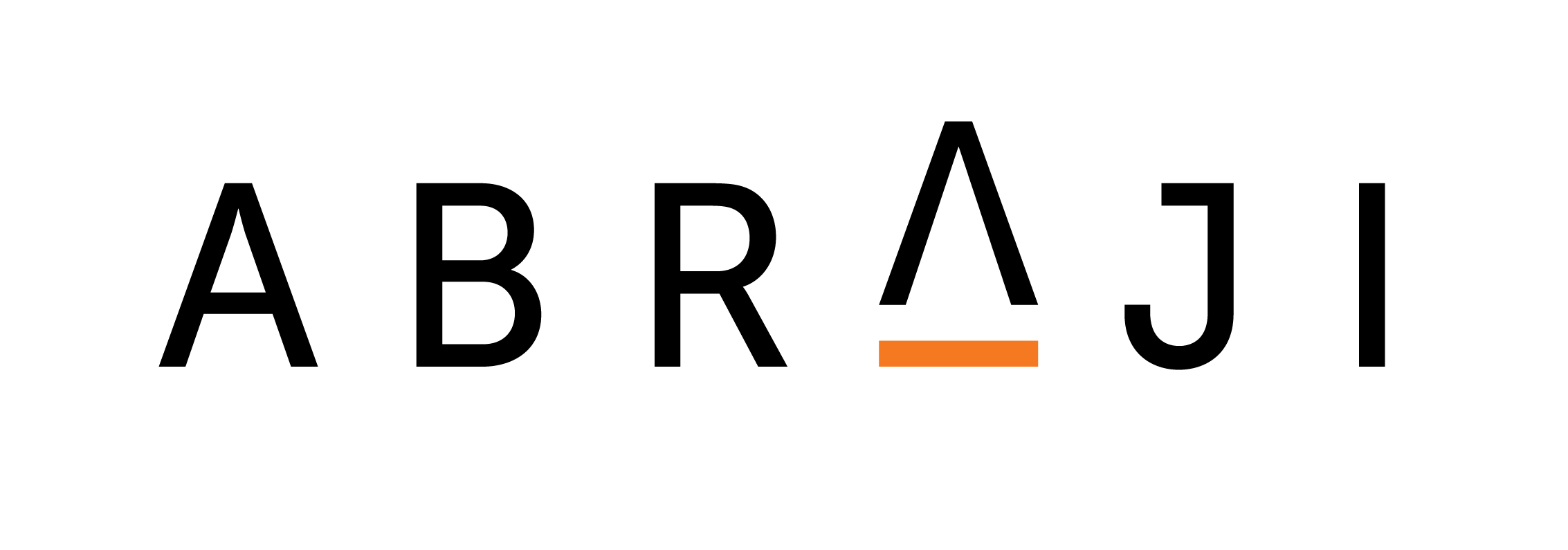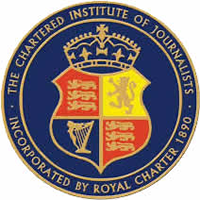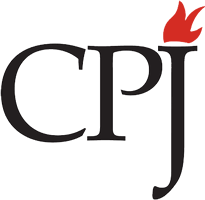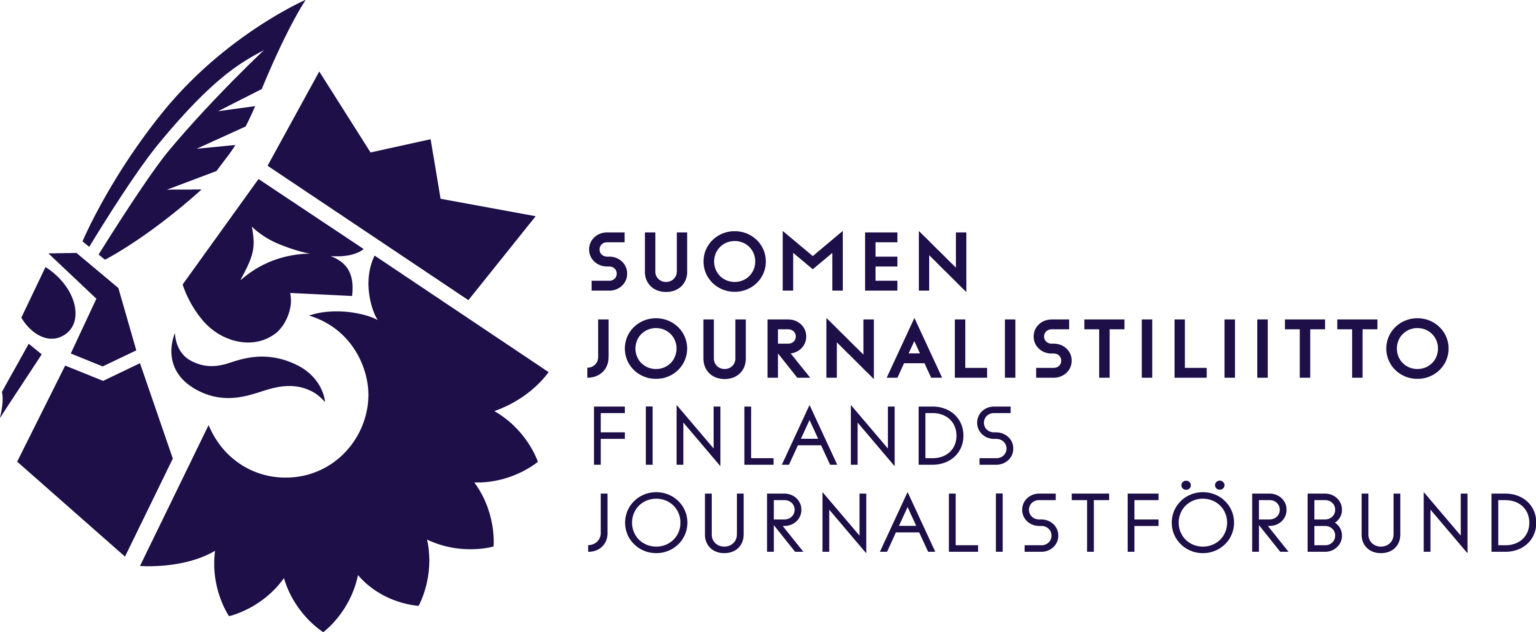The International Journalism Festival in Perugia, Italy is one of the highlights of the media landscape, and this year INSI was privileged to take part in three panels looking at some of the key safety issues affecting journalists in 2018.
INSI Director Hannah Storm moderated a panel on moral injury, speaking about the report that she co-authored with Professor Anthony Feinstein about the emotional impact on journalists of covering the refugee crisis.
Storm was joined by Professor Feinstein, freelance video journalist Will Vassilopoulos who contributed to the research and Helen Long who has helped launch Reuters' peer-to-peer network. Storm's online harassment panel focused on how journalists can stay safe online, advocating that instead of simply ‘fighting back’ they should also be ‘fighting forward’.
She also moderated a panel on sexual harassment, something that has not traditionally been regarded as a safety issue and yet can have devastating ramifications on the professional and personal lives of those affected. It has been several years since INSI's survey into harassment in the newsroom found that one-third of women journalists had experienced violence or harassment in the course of their work. In light of the Weinstein scandal, our panel looked at some of the systemic gendered issues that perpetuate harassment in the media and why many individuals still feel uncomfortable coming forward.
Our panel considered how managers and organisations can create a climate that is more conducive to those who experience the abuse speaking out without fear of victim-blaming or their career being threatened.
19 journalists killed in April
A devastating attack in Kabul on April 30 claimed the lives of nine Afghan journalists including INSI member AFP's photographer Shah Marai. Also among the dead were Abadullah Hananzai, Maharram Durrani and Sabawoon Kakar from Radio Free Europe/Radio Liberty; 1TV’s Ghazi Rasouli and Nowruz Ali and TOLOnews cameraman Yar Mohammad Tokhi. BBC reporter Ahmad Shah died in a separate attack on the same day in Khost province.
April was a particularly deadly month for journalists around the world with 19 media workers losing their lives in countries from Afghanistan and El Salvador to Syria and Palestine. They include:
- Ángel Gahona (Nicaragua)
- Karla Lisseth Turcios (El Salvador)
- Abdullah al-Qadry (Yemen)
- Javier Ortega, Paul Rivas, Efrain Segarra (Ecuador)
- Yasser Murtaja (Palestine)
- Abdul Manan Arghand (Afghanistan)
- Ahmed Abu Hussein (Palestine)
Justice for Kim Wall, Daphne Caruana Galizia, Ján Kuciak
The conviction of Kim Wall’s killer in April is an all too rare case in which the murderer of a journalist is brought to justice. Peter Madsen was given a life sentence for killing Wall, a Swedish journalist who went missing in August 2017 while doing an interview with the inventor on his submarine.
"In case after case and country after country, the lack of impartial and thorough investigations into the murder of journalists allows impunity to thrive and sends a signal to those who wish to silence the messenger that they can do so without any recourse to justice," said INSI director Hannah Storm.
"Intergovernmental organisations like the UN and the EU need to insist that every killing is investigated robustly, and need to call out impunity whenever it occurs.
"By extension, we need these same bodies to really advocate about the importance of journalism safety and press freedom, and for journalists to come together - as they are in the case of the recent deaths of Daphne Caruana Galicia and Ján Kuciak - to work together to continue to shine a light in the dark places they were investigating." Slovak reporter Ján Kuciak and his fiancée were gunned down in their home in February.
Just five months earlier, investigative journalist Daphne Caruana Galizia was blown up by a car bomb in Malta. Three people have been charged with her murder. However, a major investigative project into the death of Caruana Galizia found that the masterminds behind the killing are being protected. The questions raised by Caruana Galizia’s murder have become the focus of a new collaboration, the DaphneProject, involving her family and 18 international media organisations, examining her killing and pursuing the investigations she was covering.
Image by AFP


